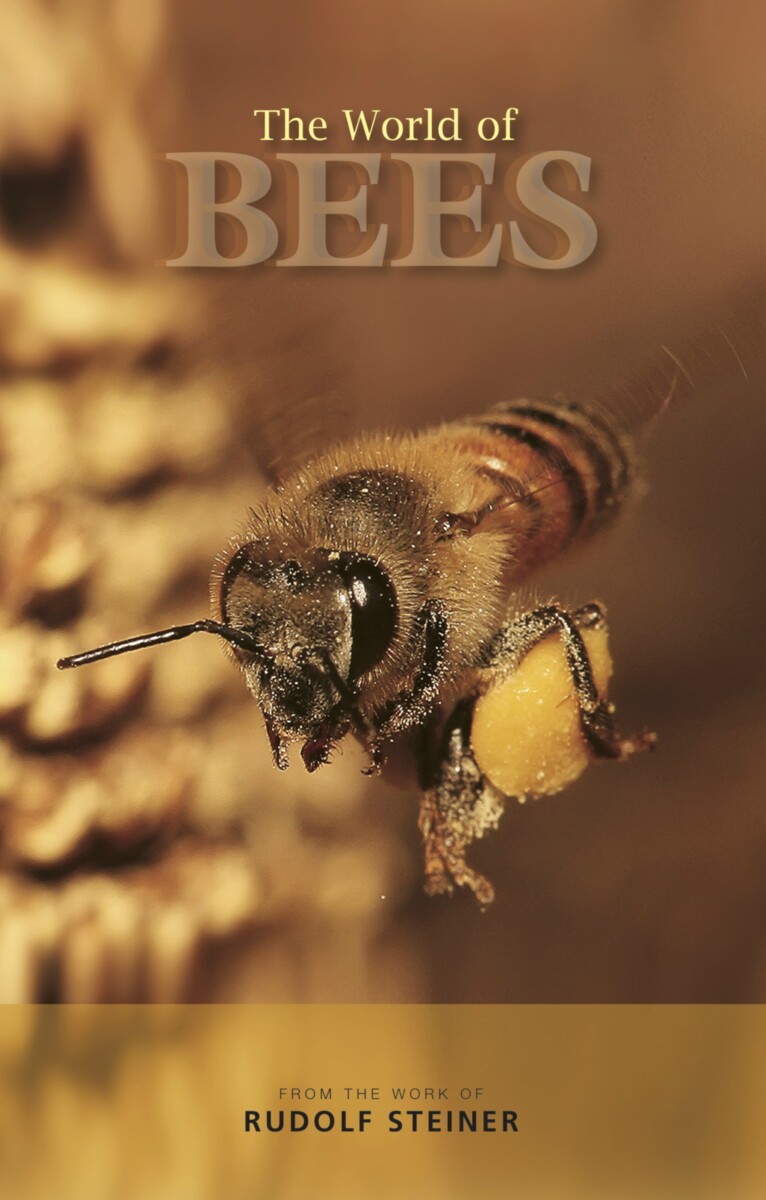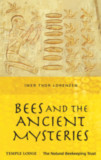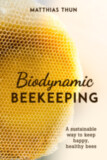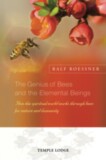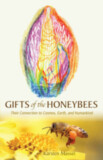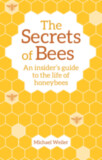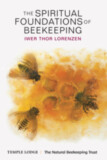The World of Bees
From the Work of Rudolf Steiner
- Publisher
Rudolf Steiner Press - Published
5th December 2017 - ISBN 9781855845404
- Pages 200 pp.
- Size 5.5" x 8.5"
“The whole hive is really pervaded by the life of love. The individual bees relinquish love but develop it instead throughout the hive. And so we start to understand bee existence if we recognize that the bee lives in an air, an atmosphere, that is entirely impregnated with love.” —Rudolf Steiner
From time immemorial, bees have fascinated human culture. Mythic pictures and writings tell of our close affinity and connection with these complex creatures, as well as the inestimable value of honey and wax. In recent years, bees have come to prominence again in the media, with reports of colony collapse and the wholesale demise of bee populations, forcing us to awaken to the critical role they play in human existence.
Rudolf Steiner’s unique talks reveal the hidden wisdom at work in bee colonies. Speaking in Switzerland in 1923, in response to concerns from beekeepers among his local workforce, Steiner delivered a series of addresses whose multi-layered content, structure and wording is unparalleled. In The World of Bees, editor Martin Dettli, a longstanding beekeeper, uses Steiner’s seminal bee lectures as the main framework of the book, augmenting them with further relevant passages from Steiner’s collected works. Dettli also provides substantial commentaries on the texts, placing them within the context of contemporary beekeeping.
This new anthology is an essential handbook for anyone interested in beekeeping or the indispensable work that bees do for humanity. It features chapters on the origins of bees, human beings and beekeeping, the organism of the hive, the social qualities of bees, their relationship with wasps and ants, plants and elemental beings, the efficacy of honey, bee venom, as well as scientific aspects such as silica and formic acid processes and a critique of modern beekeeping.
C O N T E N T S:
Introduction by Martin Dettli
1. The Organism of the Hive
2. Beekeeping: Critique of Modern Beekeeping
3. Science: Foundations of Science
4. The Efficacy of Honey: Overview
5. Human Beings and Bees
6. Supporting the Bees: Origins of the Bee
7. Bees, Wasps, and Ants
8. Insects and Plants: Elemental Beings
9. Processes
Notes
Rudolf Steiner
Rudolf Steiner (b. Rudolf Joseph Lorenz Steiner, 1861–1925) was born in the small village of Kraljevec, Austro-Hungarian Empire (now in Croatia), where he grew up. As a young man, he lived in Weimar and Berlin, where he became a well-published scientific, literary, and philosophical scholar, known especially for his work with Goethe’s scientific writings. Steiner termed his spiritual philosophy anthroposophy, meaning “wisdom of the human being.” As an exceptionally developed seer, he based his work on direct knowledge and perception of spiritual dimensions. He initiated a modern, universal “spiritual science” that is accessible to anyone willing to exercise clear and unbiased thinking. From his spiritual investigations, Steiner provided suggestions for the renewal of numerous activities, including education (general and for special needs), agriculture, medicine, economics, architecture, science, philosophy, Christianity, and the arts. There are currently thousands of schools, clinics, farms, and initiatives in other fields that involve practical work based on the principles Steiner developed. His many published works feature his research into the spiritual nature of human beings, the evolution of the world and humanity, and methods for personal development. He wrote some thirty books and delivered more than six thousand lectures throughout much of Europe. In 1924, Steiner founded the General Anthroposophical Society, which today has branches around the world.


